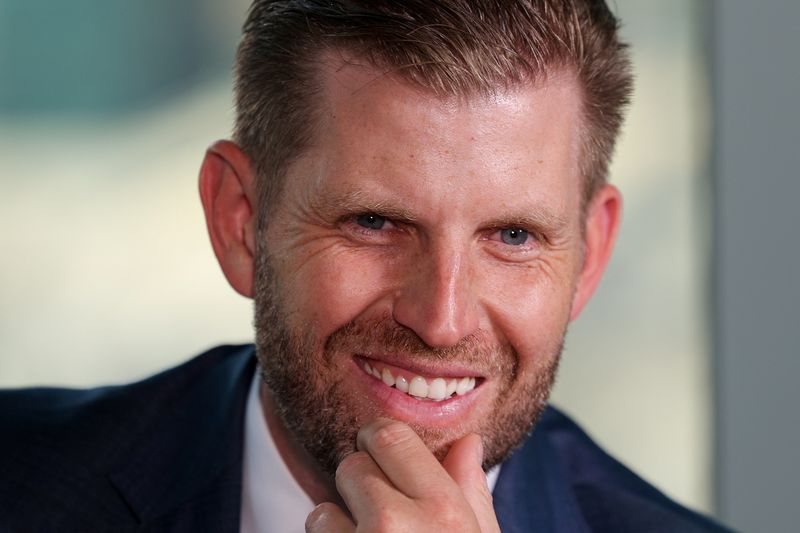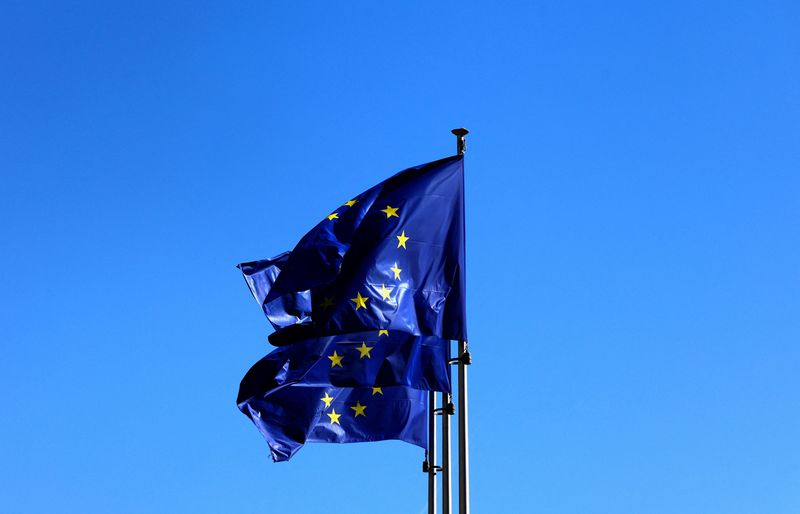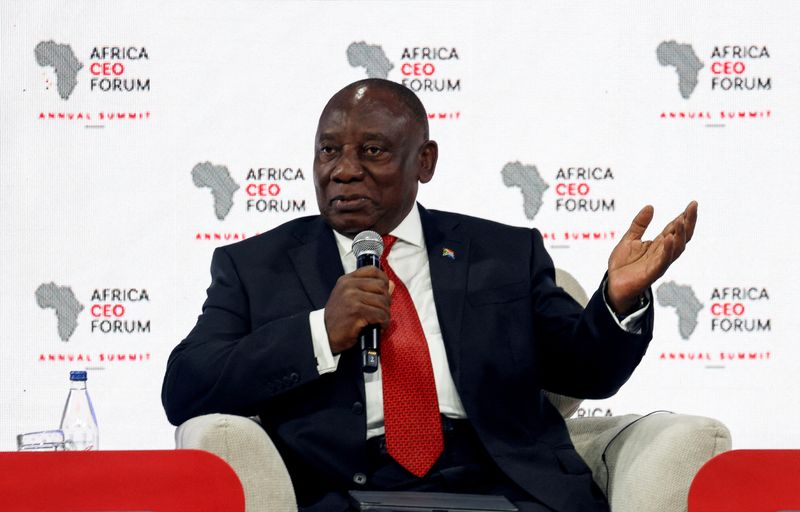Diversity, equity, and inclusion (DEI) efforts have come under fire as of late, as the Trump administration cracks down on such policies it deems illegal.
And it’s not just the political sphere that’s polarized on the issue. Business leaders themselves have varying viewpoints on DEI, what it means, and how to talk about it with their employees. While supporters say such strategies are necessary to address persistent workplace inequities, others agree that some companies have missed the mark in terms of these policies.
“There’s failure in how DEI has been implemented,” said Anson Frericks, author and founder of venture firm Athletic Capital. Frericks spoke on a DEI panel at the Fortune Workplace Innovation Summit on Tuesday.
”I think it’s perceived in a lot of circles as forcing equitable outcomes for people based on race sex, etc.,” he said, referencing the Students for Fair Admissions v. Harvard case which led to the Supreme Court overturning affirmative action in 2023.
Vernā Myers, diversity consultant, author, lawyer and founder of The Vernā Myers Company, joined Frericks for a discussion about the DEI landscape. Myers, who noted she is no longer using the term “DEI,” defined diversity as “a mix of culture and identity and experience.” Inclusion is how companies make all of those differences work on behalf of employees by creating environments where people of all backgrounds feel included, respected and reflected. Myers said these themes are necessary to have at work as companies look to achieve true merit-based systems of hiring and promotion by removing unfair obstacles to equality.
However, Frericks said the focus on DEI had positive initial intentions for equal opportunities but it had since become perceived as forcing equitable outcomes rather than promoting equal opportunities. Another unintended consequence was that rather than open conversation, DEI has led to a stifling of debate, he said.
In addition, the two diverged on the idea of where to go from here.
Myers said DEI was essential to recognizing and addressing inequality, while Frericks said the way DEI had been implemented in his experience had the effect of mandating representation and potentially creating new forms of discrimination.
Myers’ view was that evolving DEI and reimagining its approach was the way to move forward.
Frericks said company leaders need to look at their employees “as individuals.” This means, in his view, defining the skills and characteristics companies are looking for in their workers and then defining those for the recruitment team. He said companies shouldn’t prioritize hiring based on characteristics like race and gender over other factors such as whether they’re compassionate or hard working.
But taking this approach, and scooping out diversity aspirations as a part of the recruiting puzzle altogether can lead to consequences, especially if companies stop collecting data around whether these initiatives are leading to growth and improvement, which experts say they largely have.
“The backlash against DEI is because we’re winning,” said Myers. “What is so upsetting for me, and I would say morally unjust and bankrupt, is to suggest that we could just move forward as if we had somehow managed to level the playing field, and not because of identity, but by allowing people to actually share and exhibit what they’re capable of.”
Quotas around DEI are illegal and have been for some time, Myers noted. The pushback against these programs is more of a way to “divide and distract” people and actually keep them from unifying their differences and commonalities. That’s why no matter what, she says, it’s important to know whether you’re making a difference with these programs before eliminating them.
“You cannot get to equality without recognizing inequality and in no other business setting would we have an objective and not look at the outcomes,” said Myers. “When do we start to acknowledge that there is still an enormous amount of work to do?”
This story was originally featured on Fortune.com

 7 hours ago
1
7 hours ago
1




















 English (US) ·
English (US) ·